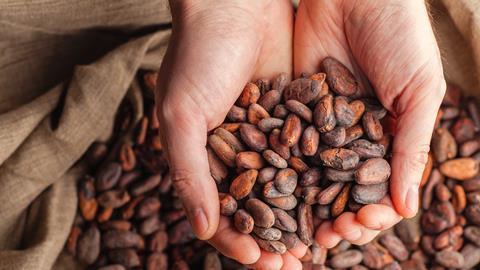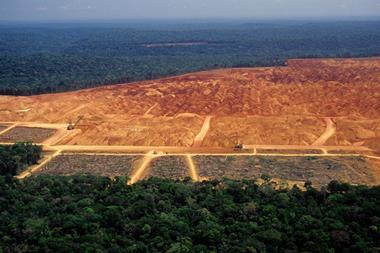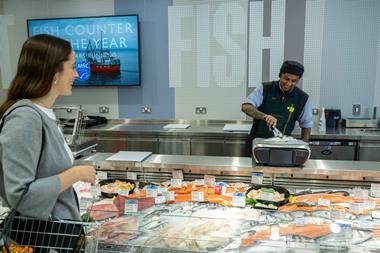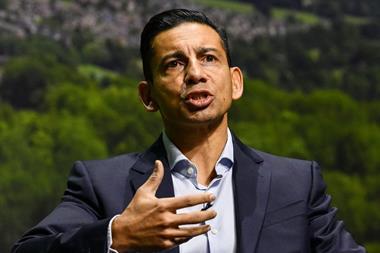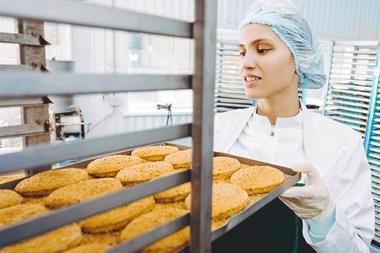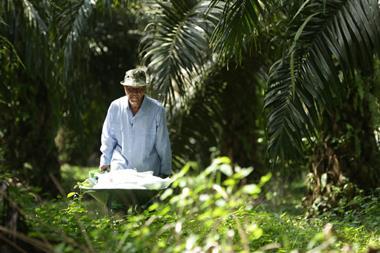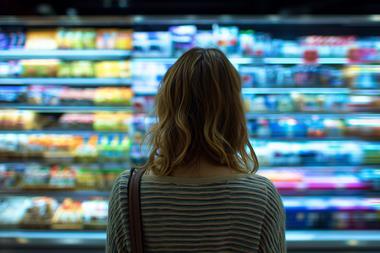In the confectionery category, the traceability and responsibility of one of its key ingredients – cocoa – remains high on the agenda.
Consumer interest in the ethical and sustainable credentials of fast-moving consumer goods brands remains a key focus.
And it’s not just shoppers who have an interest in the sustainability of the products they’re buying and consuming. Retailers are increasingly interested in companies’ sustainability credentials to support shoppers in their buying decisions.
Cocoa sourcing
Challenges facing the cocoa industry in West Africa are complex. Many farmers live in poverty, which is one of the root causes of other systemic issues, including child labour, forced labour and deforestation.
There is no one-size-fits-all solution to resolve these issues and it is important that the industry continues to work together to drive positive change.
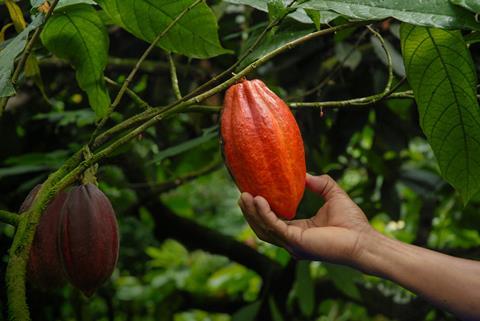
Putting sustainability at its heart
As a family-owned company, respect, integrity, and innovation have been built into confectionery brand, Ferrero, for generations. Ferrero does not simply buy materials – it manages and nurtures its supply chains.
“Sustainability is at the heart of Ferrero and plays an important role overall within the company,” says Ferrero’s chief sustainability officer Mario Abreu. “The sustainability team sits within the executive chairman’s strategic staff, which defines the long-term goals for the business. As a key player globally in the Sweet Packaged Foods category, we take our responsibility incredibly seriously.”
As part of Ferrero’s commitment to responsibly sourcing cocoa, it aims to support and improve cocoa farming sustainability through its ‘Ferrero Farming Values’ programme, with the aim of having a positive and lasting impact on the cocoa value chain.
This encompasses a multi-layered approach, including: sourcing 100% of its cocoa through independently managed sustainability standards such as Rainforest Alliance, Cocoa Horizons and Fairtrade; processing cocoa beans at its own Ferrero plants; and ensuring its cocoa beans are physically traceable, including using innovative technology to map farms and sourcing areas, so that it knows their location, size and productivity.
This traceability approach means there is a direct link between the farmers that supply its cocoa and the cocoa used in Ferrero’s products. “We are focused on building a thriving supply chain that empowers farmers and their communities and helps to protect people and the planet,” comments Abreu.
Promoting sustainable livelihoods
The way the company conducts business with communities across the world matters, too. Abreu continues: “We aim to build long-term relationships, working with farmer groups to deliver sustainability projects that secure sustainable livelihoods, improve the well-being of women and children, and protect the environment and wildlife.
“We achieve this through interventions aimed at increasing cocoa productivity, supporting farmers to diversify their income year-round and empowering the women in the local communities.”
A key priority for Ferrero is to support cocoa farmers in a targeted way to improve quality and productivity so that they can earn more from cocoa, it says. As cocoa doesn’t provide a year-round income, supporting farmers to diversify their income and increase food security, helps make them more resilient. In addition to providing this targeted support to farmers to increase cocoa productivity and diversify their income, Ferrero pays a cash premium to farmers on top of the commercial price for the purchased cocoa.
A holistic approach
Supporting farmers in making cocoa farming a profitable and sustainable business is key to improving livelihoods, but to be successful, Ferrero believes there needs to be a mix of initiatives to support cocoa communities further. These include: awareness of resilience to climate change, providing children with access to education, and community projects.
Through its long-term partnership with Save the Children, Ferrero strives to contribute to the wellbeing and development of young people in cocoa-growing communities. Ferrero is and always has been fully committed to fighting against child labour; its certified farmer groups are audited by independent third parties and the company monitors via the Child Labour Monitoring and Remediation Systems (CLMRS), a well-proven method developed by the International Cocoa Initiative to effectively tackle child labour.
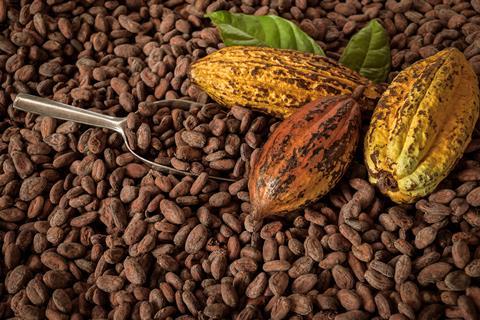
Working in collaboration
For almost two decades, Ferrero has actively collaborated and has been long-term members of the World Cocoa Foundation, the International Cocoa Initiative and is a founding member of the Cocoa & Forests Initiative (CFI).
While protecting the world’s forests is vital to the sustainability of cocoa supply, deforestation threatens to undermine the resilience of the cocoa sector. Since 2017, Ferrero has been part of a co-operative initiative with other leading global cocoa and chocolate companies to commit to working collaboratively to end deforestation and forest degradation across the global cocoa supply chain.
But cocoa remains a shared challenge, and organisations, governments and industry partners must work together to drive wide-scale positive change – beyond companies’ individual supply chains. Ferrero has a strong focus on contributing to positive change across the entire cocoa value chain, including beyond its own supply.
Abreu concludes: “Through supporting ongoing local projects in regions we source from, we are working to guarantee responsible cocoa production while also improving farmers’ living conditions and the well-being of their communities.”
Ferrero remains committed to strengthening its cocoa sustainability programme to achieve a positive and lasting impact on the cocoa value chain and is determined to be a key part of the solution and will continue to provide updates on the progress it makes.
Ferrero’s Cocoa Charter pillars:
1. Sustainable Livelihoods: Ferrero is committed to supporting cocoa farmers to improve productivity and income diversification
2. Human Rights & Social Practices: Ferrero is committed to providing Community Development programmes and woman empowerment activities to protect children’s rights
3. Environmental Protection: Ferrero is committed to helping end deforestation and promoting biodiversity through supporting agroforestry systems in its value chain
4. Traceability, Risk Assessments & Transparency: Ferrero has created a transparent and compliant value chain
For more information on Ferrero’s cocoa-sourcing approach, please visit: https://www.ferrero.co.uk/Features/cocoa-ingredient








